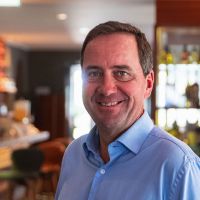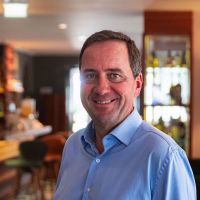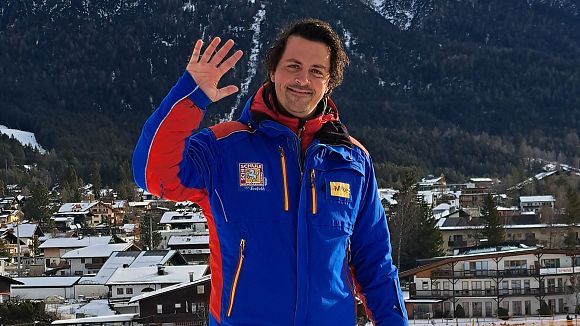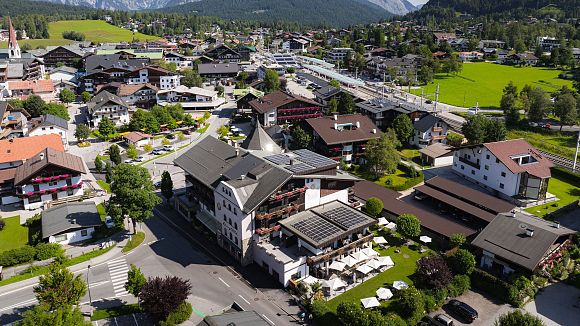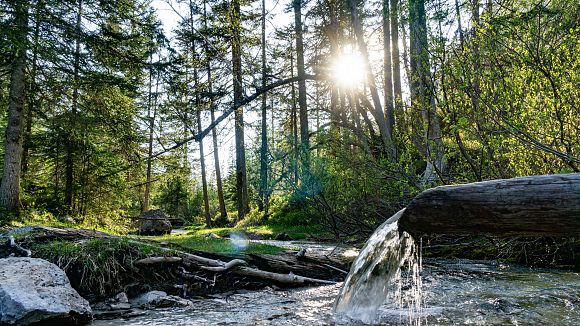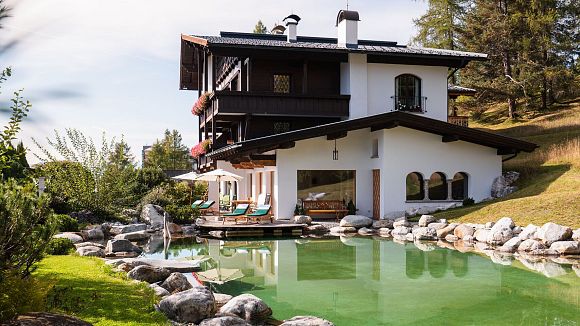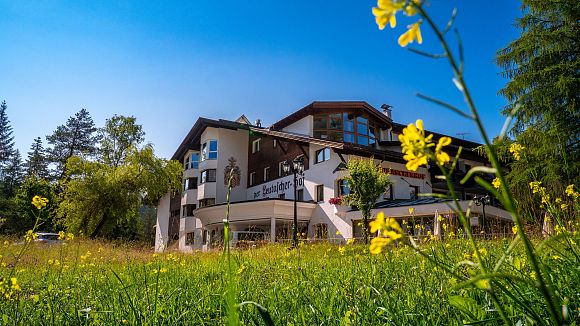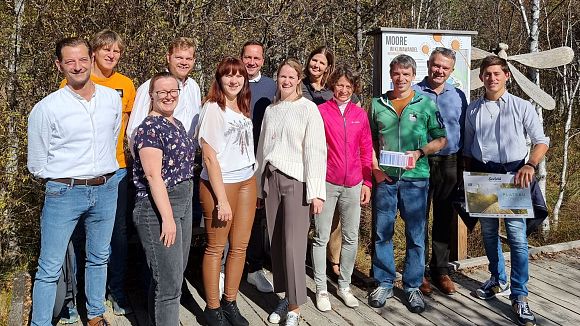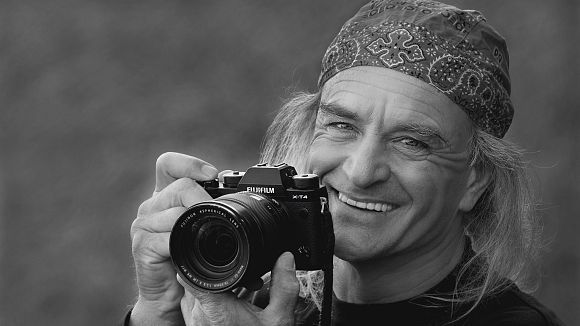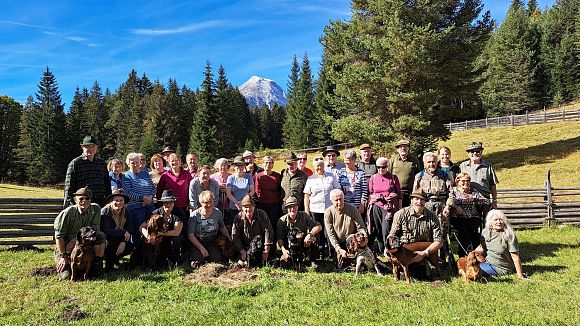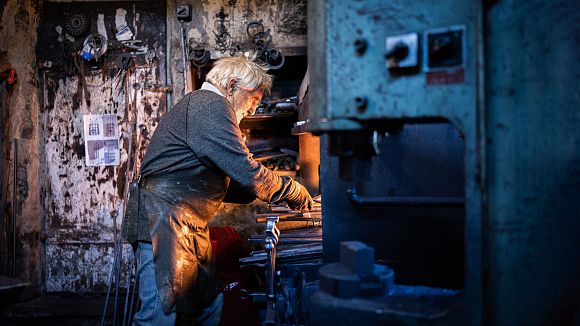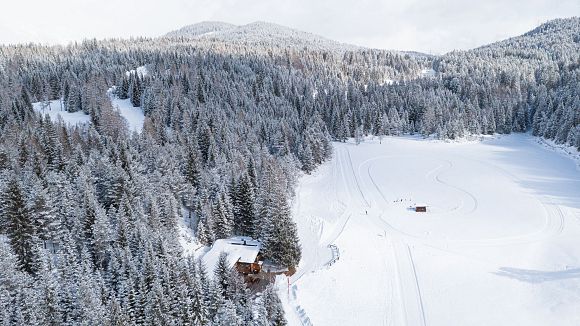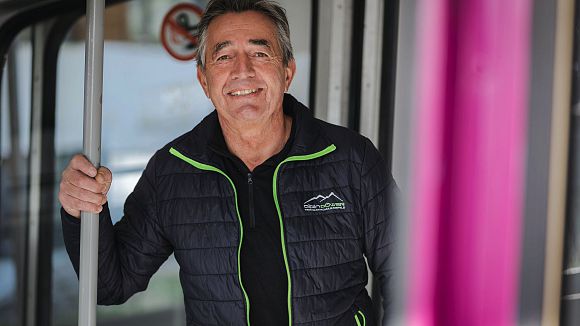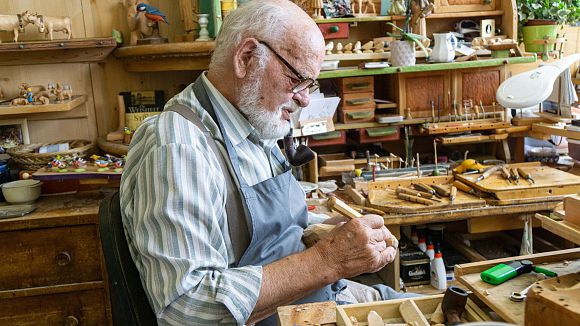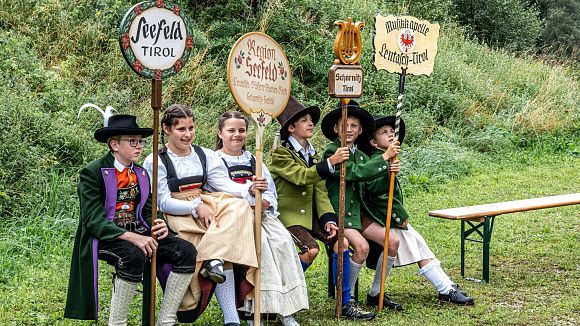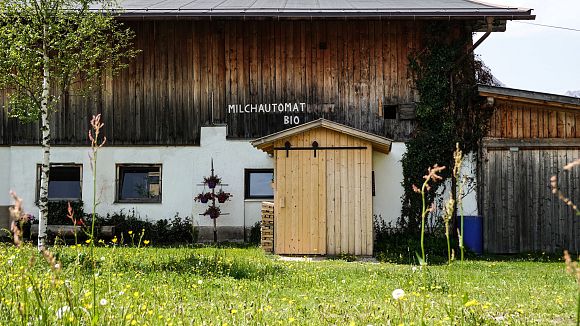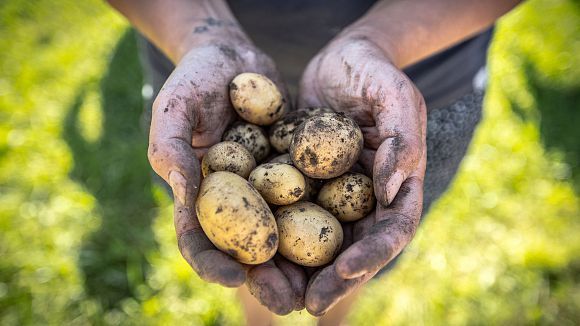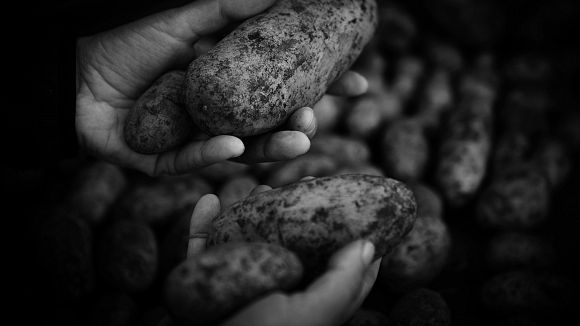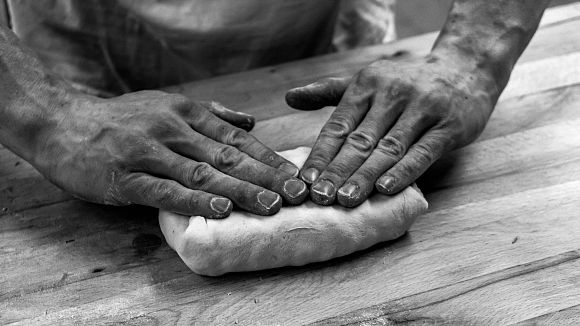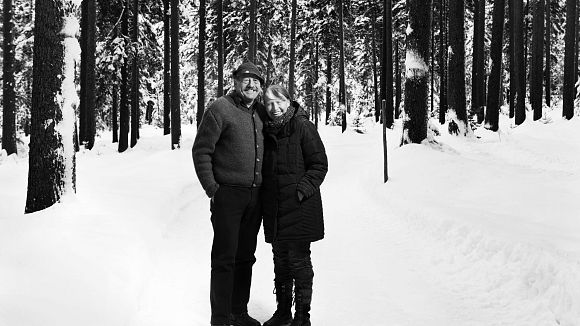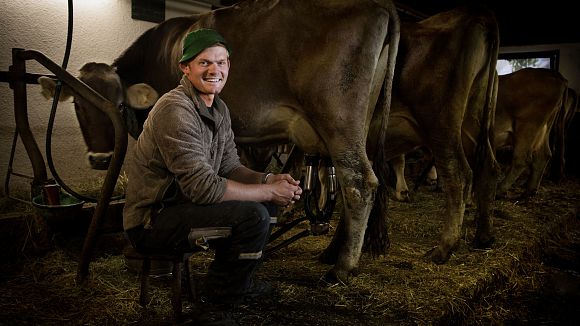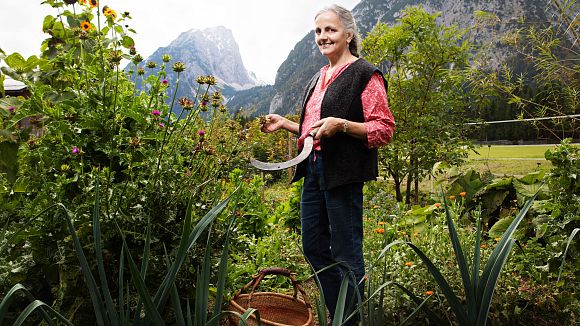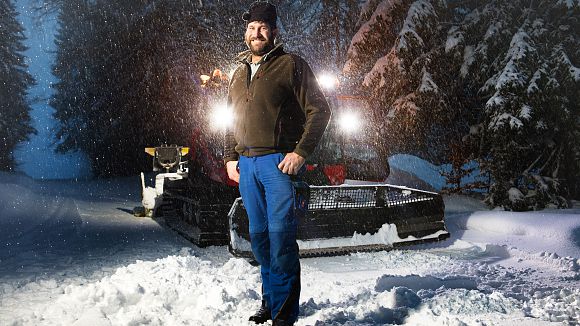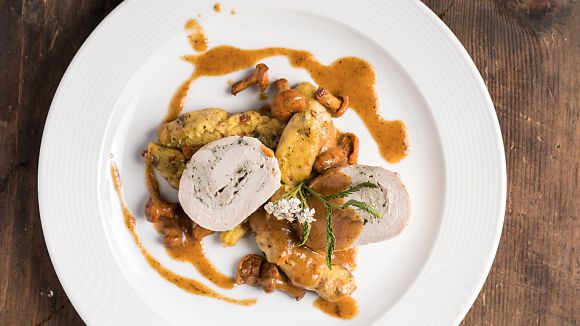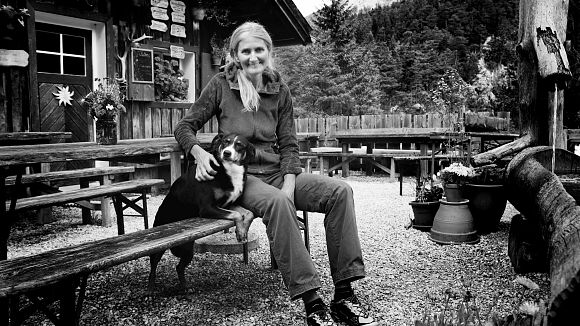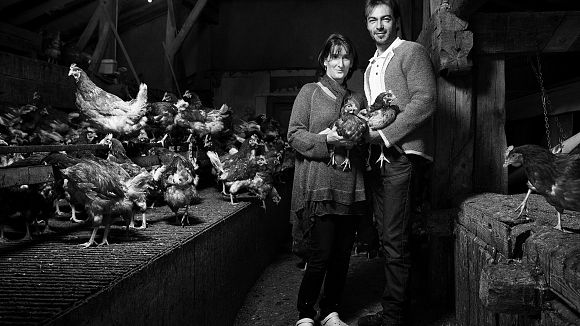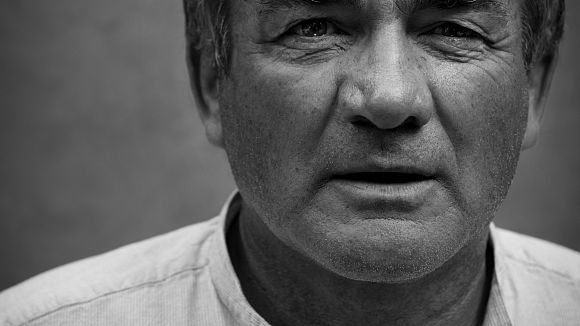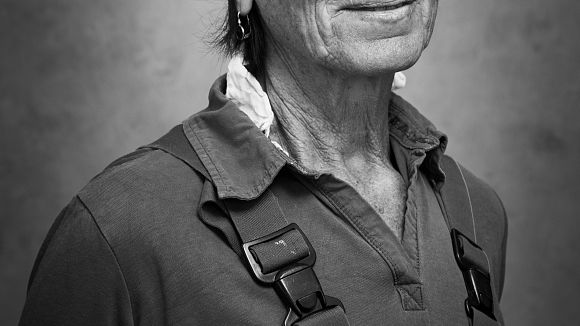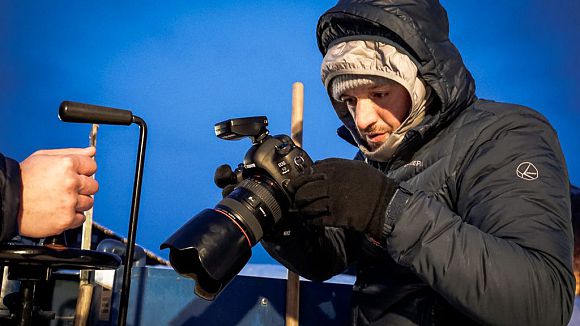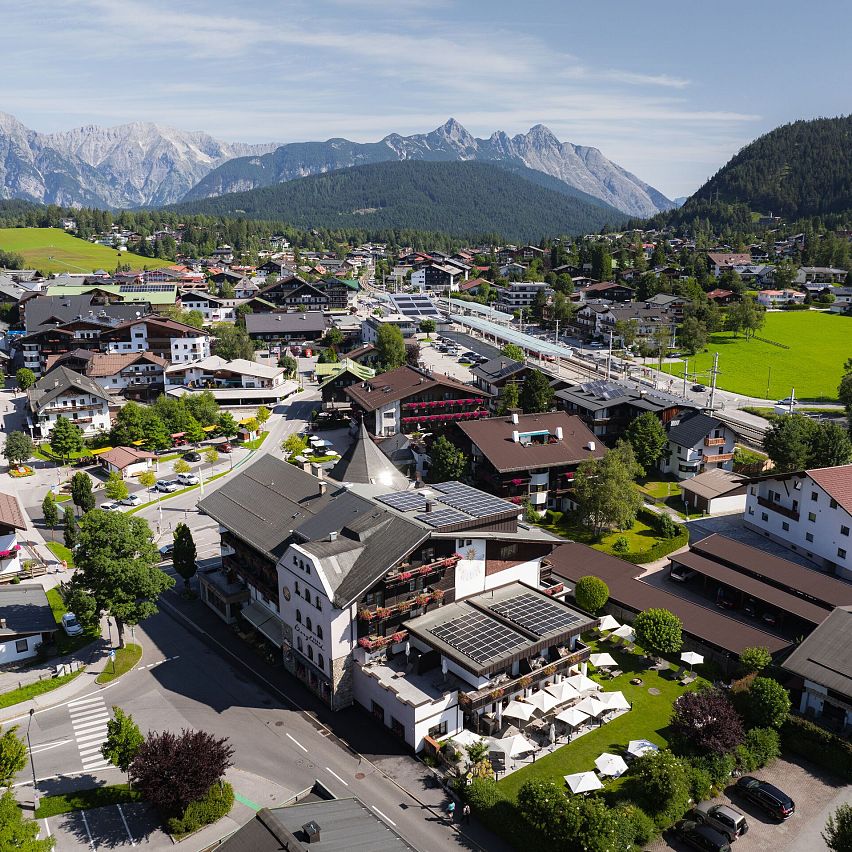
von Kathrin Ebenhoch
October 14, 2024
PLATEAU PIONEER
Plateau Pioneer Hotel Daschil’s Bergland Seefeld – The Daschil Family
All-inclusive and sustainability seem like contradictions. But Hotel Bergland proves that they can be combined. What is needed is a strong inner belief in treating nature and its resources better, filling the vague concept of sustainable business with genuine values.
We can't achieve everything at once. But the most important thing is to never stop taking small steps.
This can only be achieved step by step, says Markus Daschil, who has been running the Seefeld hotel with his family for many years. Growing up between his family’s accommodations in Seefeld and Reith, as well as the Möserer Seestub’n, Daschil learned at an early age how to live in harmony with nature. 'Collecting mushrooms and berries and cooking something simple with them are some of my earliest childhood memories,' he recalls. Much time was also spent outdoors in the nature of Tyrol’s high plateau. 'Even today, that's where I feel most at home; being alone in the forest or on the mountain is simply wonderful.' The hotelier often reflects on these experiences and, true to his motto 'Keep it simple,' strives to find solutions in the simple things.
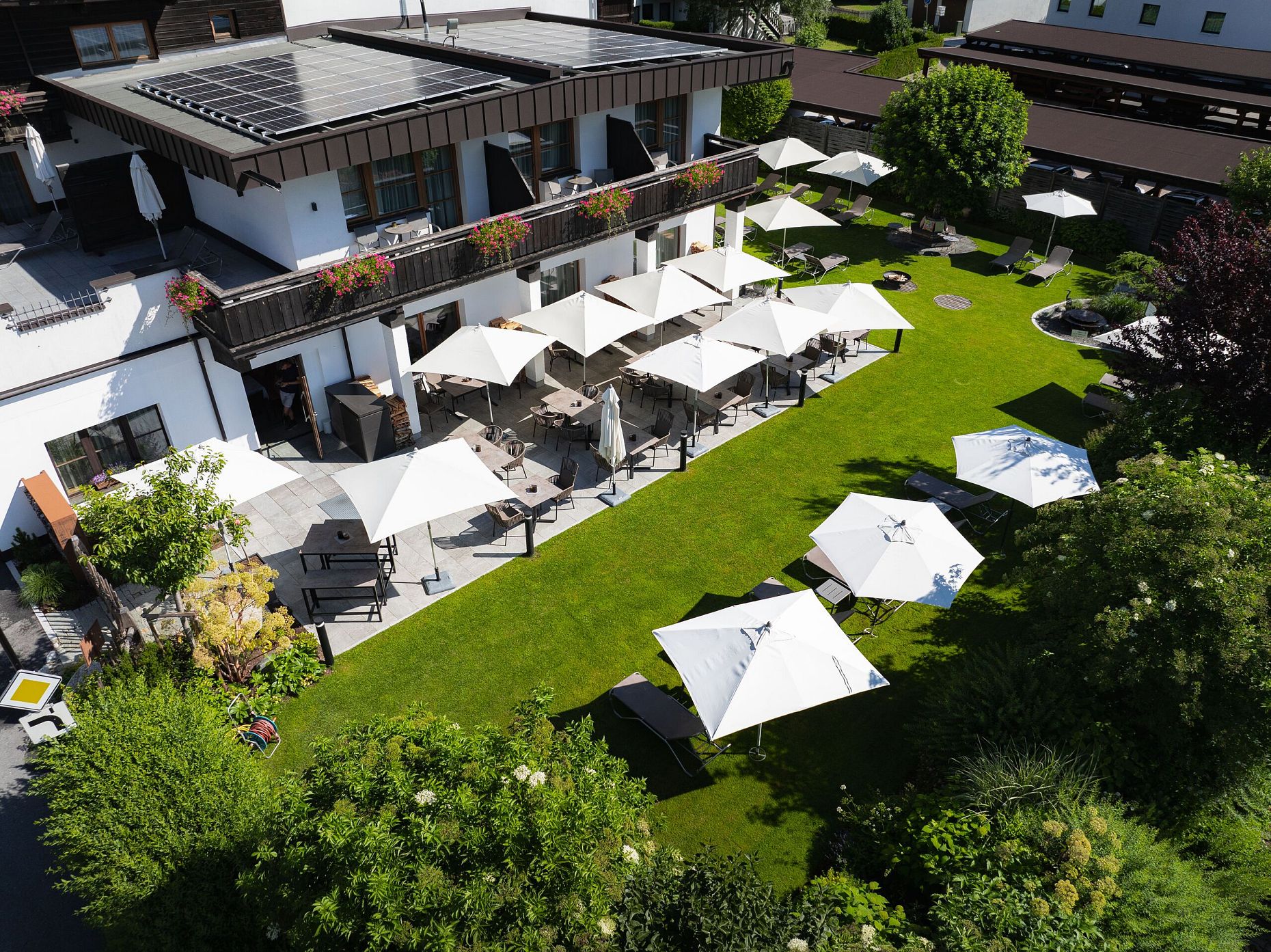
Reduction instead of excess
Switching to a sustainable all-inclusive offer wasn’t as simple as it sounds. 'Guests expect abundance with all-inclusive,' says the hotelier. But that doesn’t align with resource conservation. The first step Daschil took was to adopt the 'Top Quality All-Inclusive' concept, without buffets and with table service. In 2018, he joined the 'United Against Waste' initiative and worked with his kitchen team to develop a clever plan to reduce food waste even further. 'We often received feedback from guests saying, "It was good, but too much,"' he recalls. 'So we reduced portion sizes and introduced a token system.' Standard eaters received a white token, big eaters a blue one, light eaters a red one, and guests with allergies a green one. 'That left no more excuses, and waste was reduced by 50 percent.' The next step was taken at the breakfast buffet. 'We refill it a maximum of twice, after which we switch to table service.' Finally, the introduction of a two-week rotating menu allowed for more targeted purchasing and use of products.
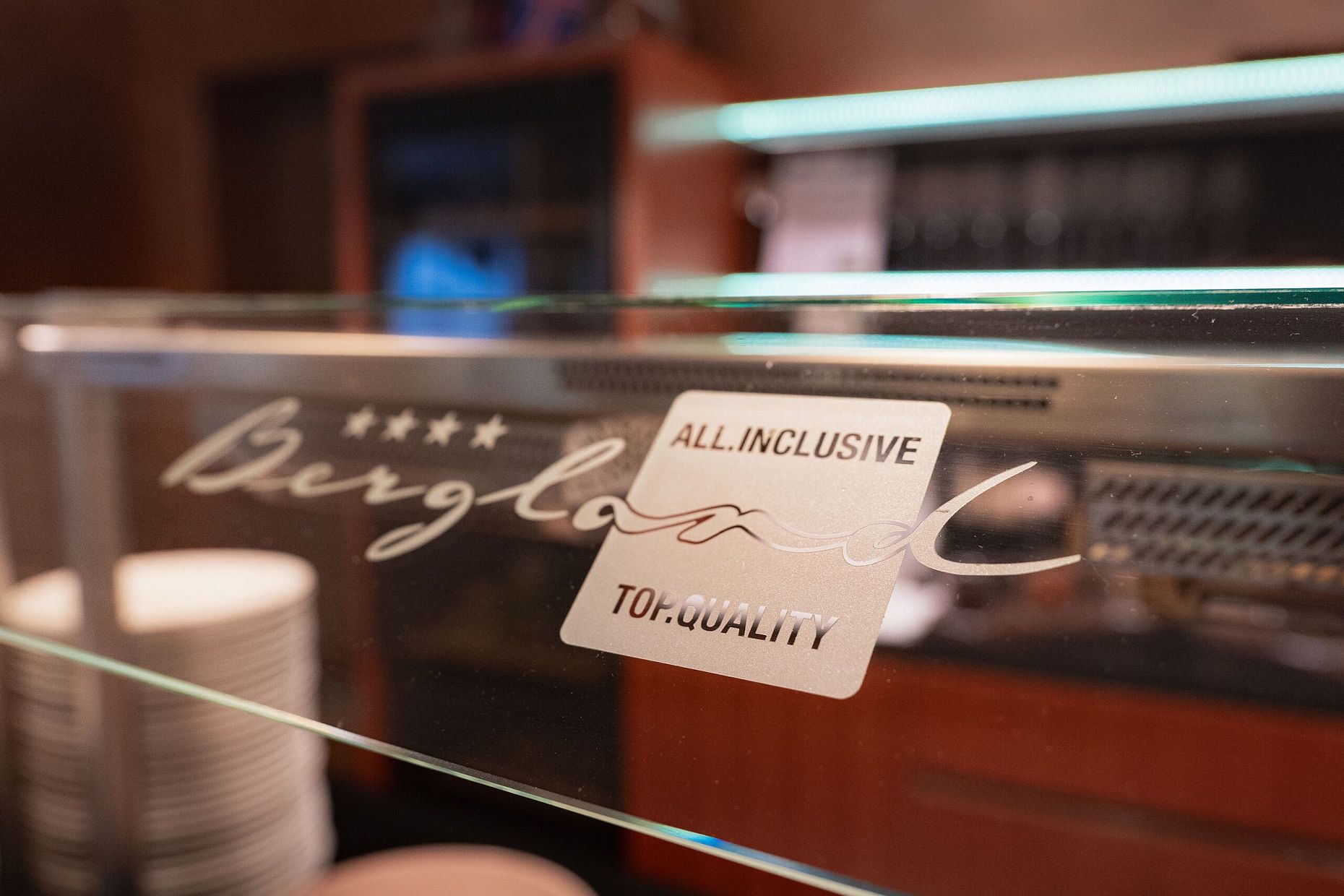
Another milestone was returning to the roots Daschil experienced in his childhood: 'In recent years, we’ve moved away from international, fine-dining cuisine and embraced a modern interpretation of local dishes.' Traditional, regional dishes like Tafelspitz, char, and the classic apple strudel with homemade vanilla sauce are now back on the menu. Local honey, homemade jams, and teas from the hotel’s herb garden fill the breakfast buffet. Seafood, avocados, or non-seasonal berries are nowhere to be found. Sometimes, this draws complaints. 'But with a lot of creativity and a few old recipes from grandma’s cookbook, we always manage to win people over,' says Daschil. He also reviewed his list of suppliers: Along with excellent quality, honest sustainability, transparency, local sourcing, and waste reduction are his selection criteria.
For the future, Daschil hopes for further changes from manufacturers: 'Reusable packaging and refills are very important to me.' He is also focused on the reuse of 'waste products.' With the Tyrolean company Niederwieser, he has had great experiences: 'They allow short-term orders seven days a week, deliver peeled products, and return the peels to their farmers as fertilizer or use them in their in-house consommé, which tastes excellent and has become a great base product for many hotel kitchens.' As a result, there’s hardly any organic waste left at the hotel.
Everything Started with Grander Water
The Daschil family's journey into sustainability didn’t begin with waste reduction and an all-inclusive kitchen—it dates back to water revitalization following the method of Johann Grander. The idea was brought back by the head of the family from his training in international hotels, and in 1993, they introduced this then-new technology into the family business they had just taken over. 'We were the first hotel to dare to switch the entire water supply to this system.' Initially, they noticed reactions mostly in plants and animals, but over time, sensitive guests gave positive feedback. More significant, both economically and environmentally, were the effects in the wellness area, laundry, and hotel cleaning: 'We were able to drastically reduce the use of chemicals in the swimming pool, laundry, and cleaning without compromising water quality or hygiene,' says Daschil, who had these initially subjective observations confirmed multiple times through objective testing by chemical manufacturers. 'Of course, they weren’t thrilled because we were now purchasing much less of their products. But for us, it was the beginning of a new world—into sustainability.'
Change in Small Steps
Following the unexpected success with Grander, many steps towards environmentally conscious living and business practices have been taken, one at a time. 'We can’t do everything at once,' Daschil admits openly. 'But the most important thing is to never stop taking small steps.' The hotel garden has been maintained without chemicals for years, and all necessary renovations are done using only local materials and service providers. 'Our wooden elements are made from Tyrolean larch, and the tiles in the Nordic Spa come from local stones.' Renovation doesn’t always mean big new investments; often, it happens in small ways. For example, older windows in the building were recently resealed, with new ones planned only when a larger renovation becomes necessary. This, too, is resource conservation.
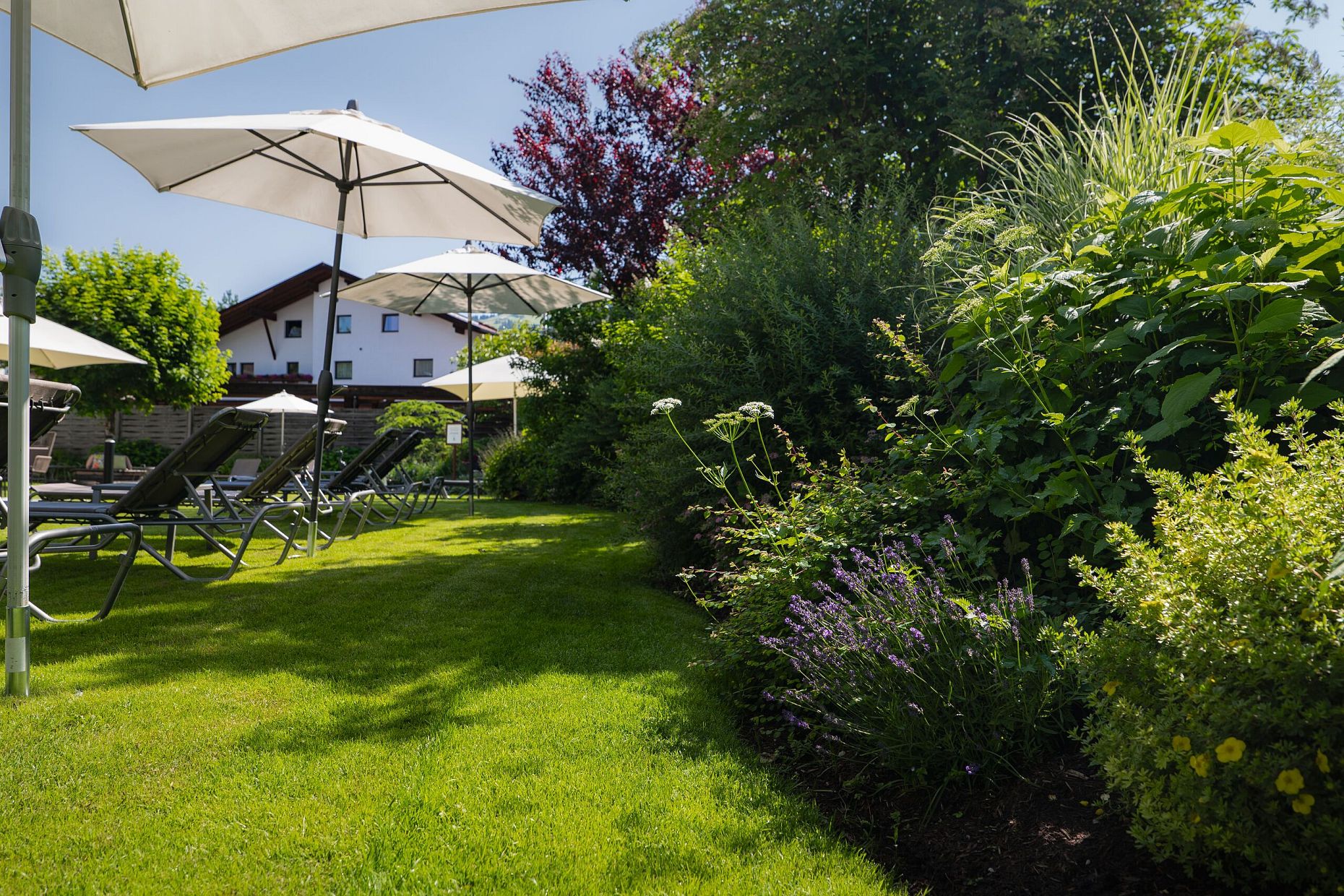
Reduction in All Areas
Resource conservation was also a key focus two years ago when switching to an environmentally friendly energy source. Daschil opted for local district heating and installed a photovoltaic system on the roof. But that wasn’t all. 'We also reorganized the energy distribution within the hotel to save energy,' explains the hotelier. For sustainable change, it’s not just about using clean energy but, more importantly, significantly reducing consumption. While Daschil does own a hybrid car, he prefers to use a bicycle for short trips, encourages his guests to arrive by public transport, and doesn’t provide parking for his employees, motivating them to walk or cycle to work.
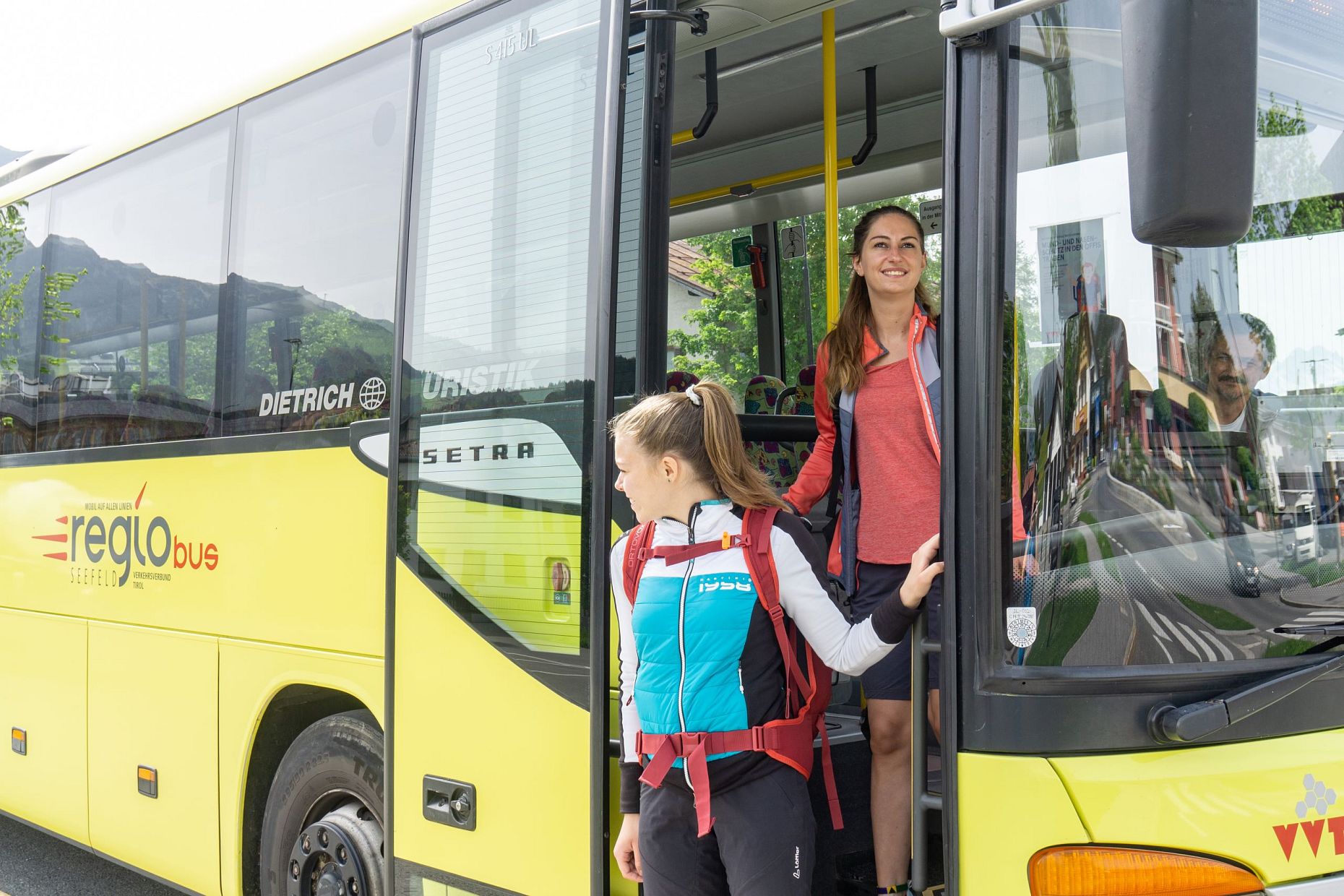
Communication and Team Spirit
In all his decisions, Daschil emphasizes communication, both with his staff and with guests. 'We regularly talk with our employees so they can support our decisions and pass them on to our guests. A bottle of good Austrian wine needs to be clearly presented as such. The value of homemade jam, Grander water, a garden maintained without chemicals using local plants, and many other things must be highlighted, and people need to be made aware of them.' This is exactly what Daschil hopes to achieve with the Plateau Pioneers. 'We are a unique community where everyone can learn from one another. That’s why we should communicate openly and share new ideas without fear that someone else might gain an advantage. If we manage that, we will create a completely new sense of WE for the entire region.' In Daschil’s view, this has great potential: 'From revitalizing local agriculture to shifting our mindsets and living genuine sustainability in all its aspects.'
We are a unique community where everyone can learn from one another. That’s why we should communicate openly and share new ideas without fear that someone else might gain an advantage. If we manage that, we will create a completely new sense of WE for the entire region.
You can find the facts in compact form in the fact sheet. Further information about the Plateau Pioneers can be found here.
